What happens when you let 5,555 music fans make decisions at a major label? Warner Records is about to find out through its new Web3 imprint Probably a Label. After selling out a collection of NFT access-passes, the holders will now gather in a Discord server to help develop artists together, share the credits of any future awards such as a Grammy, and ultimately offer intellectual property rights in some of the projects to NFT holders.
The experiment is a collaboration between Warner Records UK and Web3 brand Probably Nothing, whose debut NFT collection fetched $500k in seven minutes in October. Each NFT comes with different rarity and label roles (4,000 scouts, 1,500 managers and 55 label heads), allowing holders to vote on certain decisions. The rarest — and most expensive, currently at $2,138 — come with priority voting and access to exec dinners.
“This is a vehicle for us to explore new ways of working as a label,” says Sebastian Simone — vp of audience & strategy at Warner Records UK. For the first time at a major label level, fans will be involved in artist development, starting with the creation of a virtual artist. “[The virtual artist] will be built in conjunction with the community of holders through a voting system on design, storyline and other creative.”
Holders have already been gifted a free music NFT — “Money on the Table” by Diddy and Jason Martin — but the label isn’t just focused on NFTs. It will also run traditional campaigns to help break emerging talent within the Web3 space. Simone envisions a future where Web3-native artists developed through the label are “Selling out global tours, winning awards and crossing over into the mainstream.” There will also be crossover from the existing Warner roster where Probably a Label will act as the first touchpoint for established acts to experiment with NFTs.
Warner has been an early-adopter in Web3, launching the Stickmen Toys NFT project in August — an early experiment in granting IP rights to fans from a major label. Stickmen Toys holders own the full rights to the music and can use it however they like. Warner Records also landed the UK’s first ever No. 1 with a chart-compatible NFT release through Muse’s Will of the People. “WMG is focused on ensuring that our artists are deeply embedded in this world of Web3 so that they are not just using the technologies but helping to define them,” says Oana Ruxandra, chief digital officer and executive vp, business development. “We are putting a lot of time and energy behind this burgeoning space.”

Rather than keep everything inside the Warner machine, however, the label partnered with Probably Nothing — a Web3 brand founded by former restaurateur and TV chef Jeremy Fall. The brand already has a community of thousands and previous experience with NFT drops including the Probably Nothing Genesis Pass which generated 879 ETH (~$1.03 million) in volume since launching in May 2022. The idea is to co-sign Warner’s NFT activities with an established name in Web3. “We’re in a new market exploring and learning,” says Simone. “It’s crucial we partner with people who have a deep, early-adopter understanding of new technologies and the culture.”
On paper, it’s a smart move. Many music companies and major label artists have blundered into Web3 without engaging with the existing community or taking the temperature of the market, leading to disastrous results and backlash. Collaborating with native Web3 teams appears to be a winning formula for bigger corporate entities.
For Fall, the venture allows him to dive deeper into music, which he says has always been part of his identity. During his days as a TV chef, he hosted a “Beats for Breakfast” show with Miguel. “Anytime I can be creative in a new way gets me excited. I have a vision on how I could help impact the music industry … and having Warner Records help bring those ideas to life excites me the most.”
The label’s biggest promise of all, however, is to “redefine IP ownership in music.” Although specific details are still cloudy, Fall says “We will be granting IP rights to certain [label] projects, depending on how they are structured … disrupting the traditional label model by opening the doors to sharing ownership in valuable content.” The team can’t yet confirm whether this will extend to the virtual artist currently in development or any of the songs.
Some of this IP experiment will also be explored in an initiative called Studio A and Studio B. “Studio A is our IP incubator,” explains Fall. “It allows our holders to pitch their existing [NFT-related] IP to us.” For example, if a member of the community owns a Doodles, Azuki, Bored Ape Yacht Club or select other NFTs, they can pitch an idea to the label based around the NFT, such as a music video, virtual artist, song or short-film. If accepted, Probably a Label will help provide resources, financing and marketing.
Studio B is more like a pooled music library. Anyone with a label pass can submit tracks to Studio B, and someone else from the community could use that music in their own project, such as a movie or sample for a beat. “If someone from our community wants to use one of the tracks for a project,” says Fall, “We will broker the communication between holders that allows them to license it.”
Critics might ask whether any of this requires NFTs at all. Fan voting mechanisms and shared communities can be created without Web3. Fall explains, “The traditional Web2 model doesn’t allow us to … give [fans] any ownership in projects. NFTs are this exact core that give people emotional ownership and value in projects they are a part of.” Important to note, however, that owning an NFT does not automatically guarantee IP ownership unless it’s explicitly stated.
In terms of providing value, the NFT label pass could be expected to rise if the label and its artists are successful, rewarding holders for their participation. However, the label will have to contend with the fact that the current price of the NFT (0.03 ETH) is now worth less than half the mint price (0.09 ETH). Anyone that purchased on the day of launch is now underwater unless they pulled one of the 55 rarest passes. While this is not unusual for NFT projects in the current down-market, it is uncharted territory for a major label that will now have to manage expectations of thousands of music fans who may have lost money on paper. The team isn’t fazed yet, though. “We’re focused on providing the best experience and value to our community,” says Simone. “The rest will fall into place.”
[flexi-common-toolbar] [flexi-form class=”flexi_form_style” title=”Submit to Flexi” name=”my_form” ajax=”true”][flexi-form-tag type=”post_title” class=”fl-input” title=”Title” value=”” required=”true”][flexi-form-tag type=”category” title=”Select category”][flexi-form-tag type=”tag” title=”Insert tag”][flexi-form-tag type=”article” class=”fl-textarea” title=”Description” ][flexi-form-tag type=”file” title=”Select file” required=”true”][flexi-form-tag type=”submit” name=”submit” value=”Submit Now”] [/flexi-form]
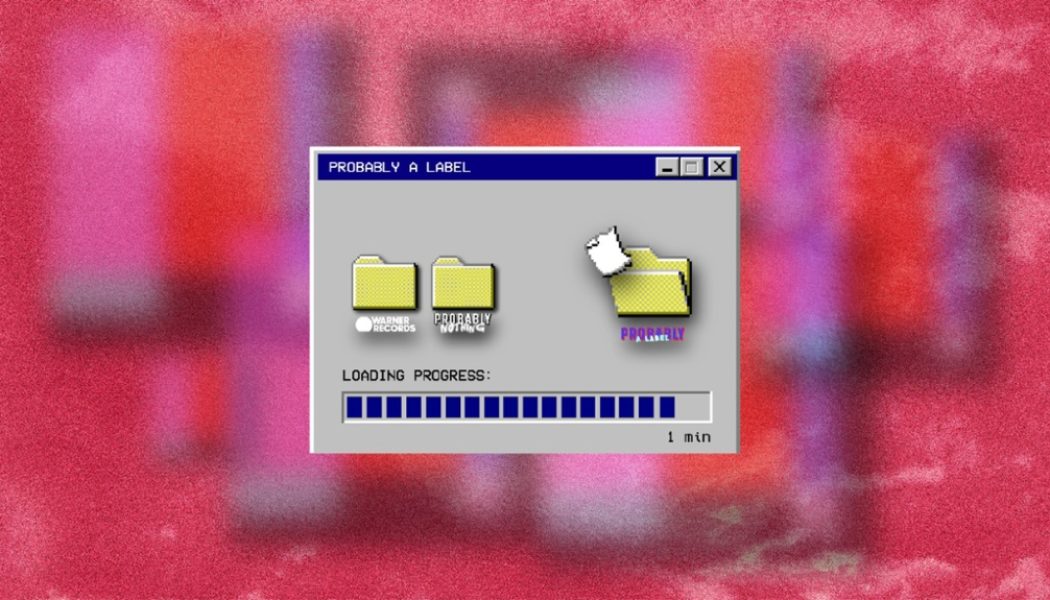

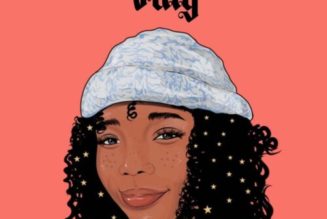
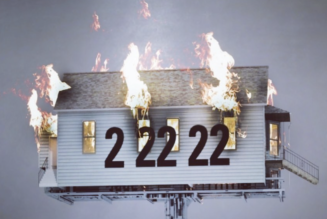
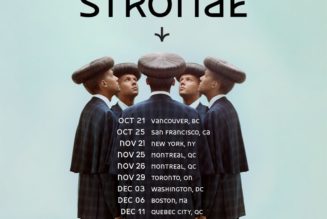


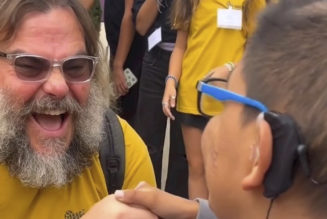
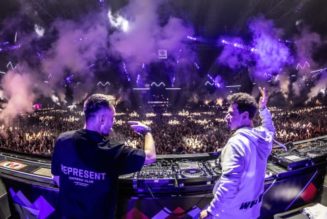

Tagged: business, entertainment blog, music blog, NFTs, Probably a Label, Record Labels, warner records, web3